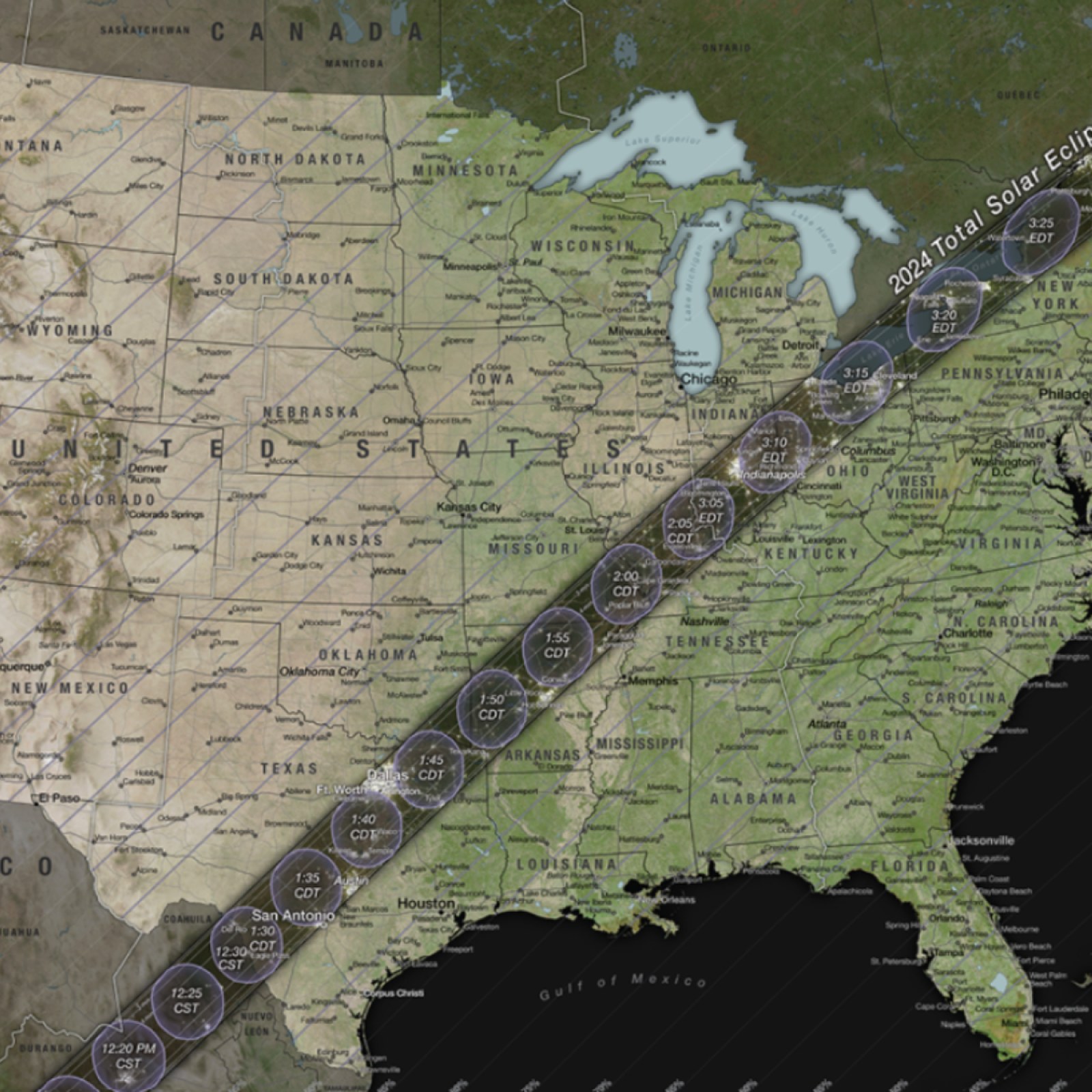California Pay Transparency Act Requires Salary Ranges on Job Listings

California Job Listings Will Soon Include Salary Ranges Thanks To New Pay Transparency Bill sign the law Tuesday by Gov. Gavin Newsom.
Effective January 1, 2023, the law requires nearly 200,000 businesses with 15 or more employees to start disclosing salary ranges in job advertisements made in the state. The move makes California the largest state to legally require salary information in job listings. With 19 million employees, it’s home to some of the world’s most influential companies, including Apple, Disney, Google, and Meta.
Proponents of the law say it’s a big step forward in closing the racial and gender pay gap.
Nationally, the U.S. Census Bureau estimates women’s earnings 82 cents For every dollar a man makes, the gap widens for many women of color.
In California, women’s salaries are roughly 88 cents For every dollar paid to men, the difference is greater for women of color.state women total $87 billion to the annual wage gap, according to the National Partnership for Women and Families.
“Women, especially women of color, are literally robbed of their wages every year,” said policy director and deputy legal director of Equal Rights Advocates, a legal and advocacy nonprofit that co-founded the payroll bill. , says Jessica Ramey Stender.
“It’s money you can put toward rent, food, diapers, education, and retirement savings. So it’s really time to strengthen pay equity laws here in California and beyond.”
Stender believes California’s law will force other states and cities to comply.
Greater transparency across pay scales
In addition to requiring salary ranges, the new law requires employers of all sizes to provide employees with a range of salaries commensurate with the position held if the employee requests it. says. So job seekers aren’t the only ones who benefit from increased salary transparency. Existing employees can see where their salaries lie within the organization and can raise and negotiate salary discrepancies or request adjustments.
Finally, companies with 100 or more workers hired through third-party staffing agencies, who often do time-based work as W-2 contractors, report those workers’ payroll data to the State of California. It must be submitted to the Civil Rights Office. They are categorized by gender, race, and ethnicity.
Stender says this “growing part of the modern workforce” is often made up of women and people of color who do the same work for less money as direct hire employees. Reporting salary data on a statistical background can help reveal occupational segregation that employers may not be aware of.
“We believe this data will help companies comply with equal pay and anti-discrimination laws and create a more equitable workplace,” says Stender.
For example, data confirms that 95% of management staff hired by a company through a staffing agency is female, while 95% of executive-level employees hired directly by the company are male. If that data needs to be collected, “it should be a huge eye opener for them to have a potential discrimination claim,” he says.
Previous California law already required companies with 100 or more direct employees to submit job titles and demographic data for their employees.
While salary data doesn’t have to be posted publicly, Stender said state agencies are likely to release aggregate data for public awareness and accountability. The effort also “provides law enforcement with data to better enforce pay equity and anti-discrimination laws,” and applies to non-compliant employers, she said. increase.
Impact on California and Beyond
Similar laws exist Elsewhere in the US and is gaining momentum.
Colorado’s Equal Pay for Equal Work Act went into effect in January 2021, requiring employers to disclose salary ranges in all job advertisements. Early data suggest The change will allow more people to find a job In the state, despite the decline in employer lists.
Nevada Employers should automatically provide a salary range to applicants after the initial interview, even if the applicant did not request it.employer connecticut A salary range must be provided if requested by the applicant or if the employer extends the offer. and, Washingtonafter making an offer, the employer must provide the minimum and maximum wage range for the job if the candidate requests it.
New York City passed its own Payroll Transparency Act, which went into effect in May, but was delayed until November, mainly for the following reasons: opposition from economic organizations.
The New York legislature passed a similar bill in June. Currently sitting with Democratic Gov. Kathy Hochul, it could go into effect next year, 270 days after it was signed.new york business group pushed back legislation And urged the governor to amend it to remove the requirement to list employee benefits and provide exemptions for work that can be done remotely, among other changes.
Now that the California bill has been signed, Stender does not anticipate a change to the January 1st enforcement date.
“If there was an effort to do it, it would have to be through the new law and it wouldn’t happen in the timeline needed to stop the law from coming into force in January,” she said. .
And with so many global and domestic companies based in California, the new law is already having significant impact across state lines, Stender said.
Nationally and internationally based companies may change their policies across the board once such legislation is enacted to ensure compliance, if necessary or not.
Employers are preparing for pay transparency, even if it’s not legally required
already, 17% of companies Willis Towers Watson surveyed 388 business leaders in June and July and said they disclose salary range information in parts of the United States where it is not required by law. Additionally, a majority of organizations (62%) plan or consider disclosing salary ranges in the future, even if they are not legally required to do so.
Today’s workers expect a higher level of pay transparency. According to her June Gartner survey of more than 3,600 people, 66% of job seekers expect salary to be listed in job descriptions.
“Businesses have been warned many times that this is the direction we are headed,” said Jamie Kohn, director of Gartner’s HR practice. told CNBC Make It in August“Most of the companies I’ve spoken to know they’re going this way, and they’re trying to figure out how best to implement it.”
check out:
Job listings fell after Colorado enacted Pay Transparency Act, but hiring increased
Employers are required by law to share salary ranges at the time of employment
6 ways to know how much you should be paid before negotiating a salary or raise
Sign up now: Get smart about money and your career with our weekly newsletter
https://www.cnbc.com/2022/09/28/california-pay-transparency-law-to-require-salary-ranges-on-job-postings.html California Pay Transparency Act Requires Salary Ranges on Job Listings



